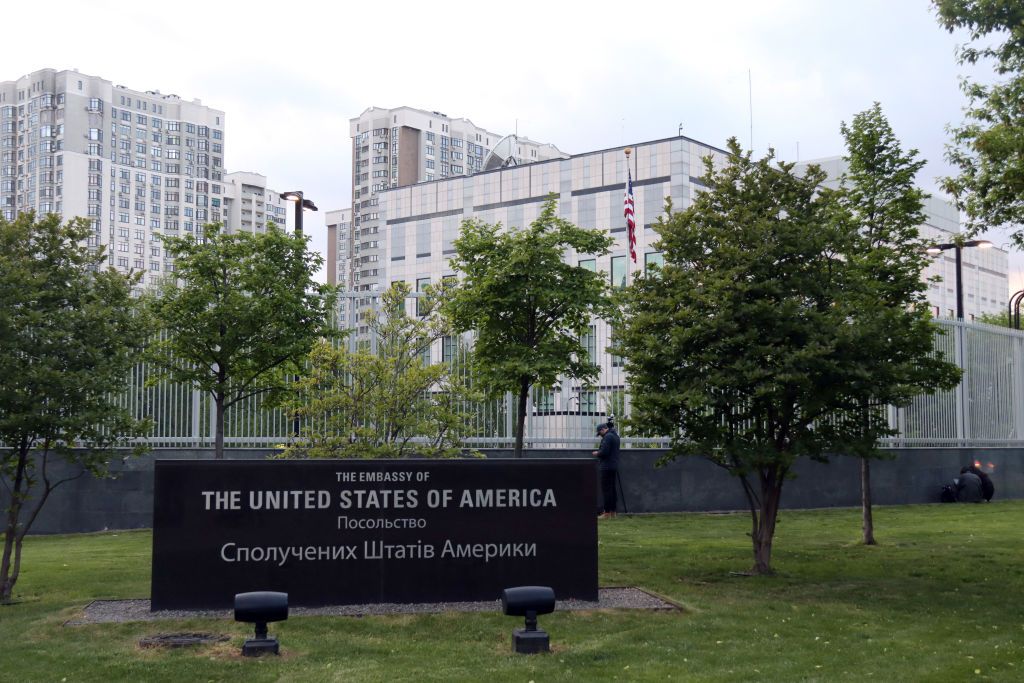The United States is considering deploying additional military advisers to the embassy in Kyiv to provide guidance and assistance to the Ukrainian government and military, as Russia gains momentum on the front lines. These advisers would not serve in combat capacities but would support logistics and oversight efforts for weapons being sent to Ukraine, as well as assist with weapons maintenance. The House of Representatives passed a foreign aid package providing $60.84 billion to assist Ukraine, Israel, and other allies, with the Senate set to consider the bill before it reaches President Joe Biden for signing. Currently, a small number of U.S. troops are already deployed in short rotations attached to the embassy in Kyiv.
Ukrainian President Zelensky has indicated that Ukraine could sign bilateral security agreements with the U.S., Nordic, and Baltic states in the near future. This agreement could happen after Congress approves the $61 aid bill for Ukraine, awaiting an upcoming vote. The details of the security agreements and the extent of cooperation between Ukraine and these countries are yet to be fully disclosed. The move towards signing these agreements highlights Ukraine’s efforts to strengthen its defense and security partnerships with key allies in the region amidst the ongoing conflict with Russia.
The deployment of additional U.S. military advisers to Ukraine comes at a critical time as Russia continues to gain momentum on the front lines of the conflict. The advisers will provide crucial support in logistics, oversight of weapons deliveries, and maintenance, enhancing the capabilities of the Ukrainian military. This decision underscores the U.S.’s commitment to assisting Ukraine in defending against Russian aggression and supporting its sovereignty and territorial integrity. The aid package passed by the House of Representatives signifies a significant financial commitment to Ukraine’s security and underscores the importance of international support in the conflict.
The presence of U.S. military personnel in Ukraine, both in short rotations and potentially in increased numbers, is part of a broader strategy to bolster Ukraine’s defenses and capabilities. The collaboration between the U.S. and Ukraine underscores the strong partnership between the two countries in the face of external threats. The potential signing of bilateral security agreements with the U.S., Nordic, and Baltic states further solidifies Ukraine’s ties with key allies in the region and signals a commitment to enhancing regional security and stability. These developments highlight the interconnected nature of security partnerships in the face of evolving geopolitical challenges.
The deployment of additional U.S. military advisers to Ukraine reflects a strategic decision to provide critical support to the Ukrainian government and military in the face of escalating tensions with Russia. The reinforcement of logistics, oversight, and weapons maintenance capabilities will enhance Ukraine’s ability to defend against external threats and maintain its sovereignty. The potential signing of security agreements with key allies underscores Ukraine’s efforts to strengthen its defense posture and foster regional cooperation. The ongoing support from the U.S. and other partners demonstrates a commitment to Ukraine’s security and territorial integrity in the face of external aggression.















